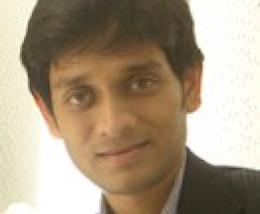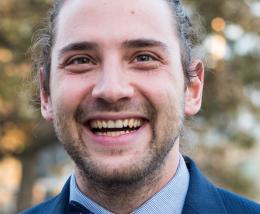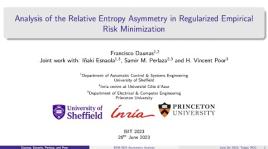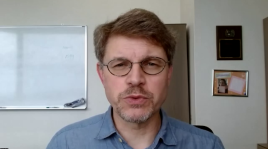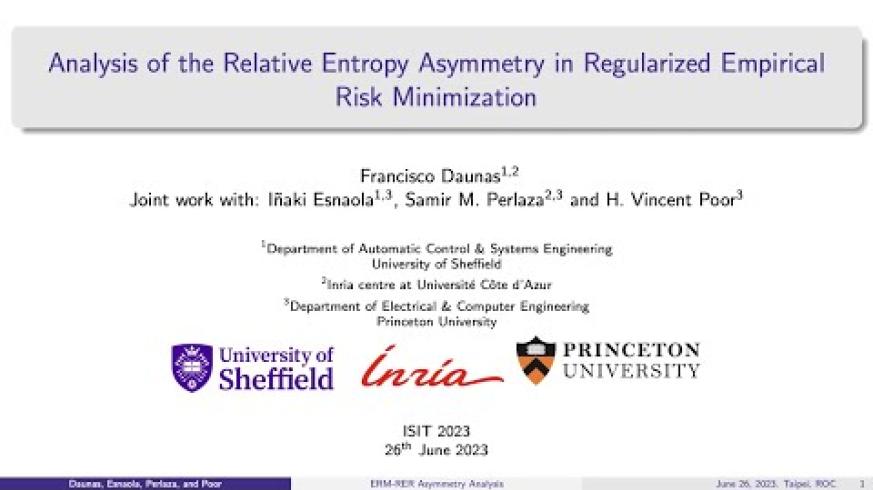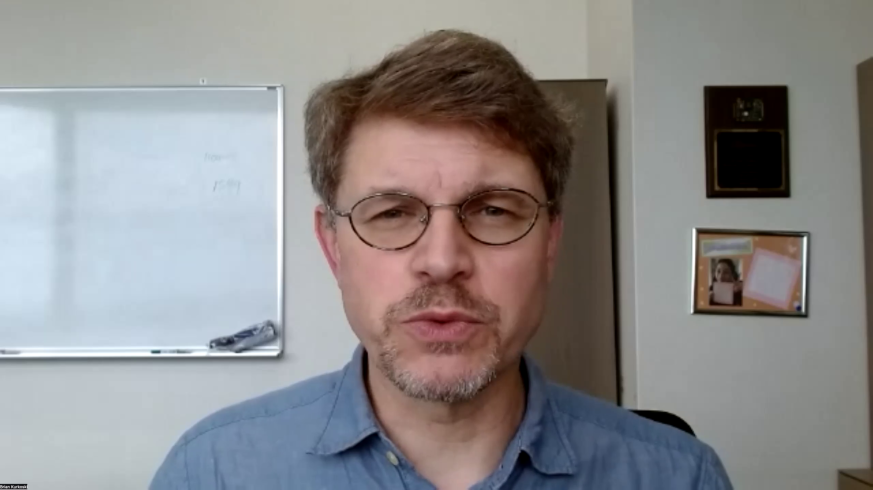This is a page with all possible (non-custom) blocks
Used to be "Covid-19 updates"
Awards
Aaron D. Wyner Distinguished Service Award
Claude E. Shannon Award
Communications Society & Information Theory Society Joint Paper Award
Goldsmith Lecturer
Information Theory Society Paper Award
Jack Keil Wolf ISIT Student Paper Award
James L. Massey Research & Teaching Award for Young Scholars
Padovani Lecturer
Thomas M. Cover Dissertation Award
Awards
Distinguished Lecturers
Conferences
Jobs Board
Postdoctoral Researcher Position on Information Theory and Coding
Immediate openings for postdocs on insertion/deletion channels and DNA storage at Bilkent…
Postdoc Positions in Wireless Communications
Department of Electrical and Computer Engineering at University of Hawaii is looking for two…
Postdoctoral Position in Econometrics and Statistics
The University of Vienna invites applications for a postdoctoral position in the field of…
News
Robert Calderbank - USC Viterbi Lecture, Thursday March 2, 2023
Robert Calderbank of Duke University will give the 2023 USC Viterbi Lecture on Thursday, March 2,…
Submission Deadline Approaching: JSAIT Issue on Role of Freshness and Semantic Measures
Call for Papers for JSAIT Issue on the Role of Freshness and Semantic Measures in the Transmission…
IEEE Information Theory Society Call for 2023 Award Nominations
Nominations are now open for paper awards as well as annual awards and recognition from the IEEE…
Aylin Yener Has Been Elected To Be the Next IEEE Division IX Director
The IT Society congratulates our Past President Aylin Yener for being elected to be the next IEEE…
News
Joachim Hagenauer wins 2014 Science Prize of the German Information Technology Society (ITG)
Deadline extended to June 7 for Workshop on Physical-layer methods for wireless security
ISIT 2014 Panel: "How to survive tenure-track?"
Prof. En-hui Yang named 2014 Padovani Lecturer
SP Coding and Information School
ISIT 2014 Preliminary Program Available
ITW 2014 in Hobart, Tasmania, Australia: Deadline extended to May 11th, 2014
ISIT 2014 - early registration ends May 4th
International Conference on Systems, Communications and Coding (SCC 2015), February 2-5, 2015, Hamburg, Germany
ITW 2014 in Hobart, Tasmania, Australia: Deadline on May 4th, 2014
SP Coding and Information School
JTG/IEEE IT Society Summer School 2014
Speakers Announced
ITW 2014 in Hobart, Tasmania, Australia: Now Accepting Submissions
Registration for ISIT 2014 now open
Volunteers needed for IEEE Awards
Call for Nominations: IEEE Medals and Recognitions
Hamed Hassani named recipient of the 2014 Thomas M. Cover Dissertation Award
Bruce Hajek named recipient of the 2014 Aaron D. Wyner Distinguished Service Award
Pagination
Past meeting
Test Meeting with member edited
BOG Meeting - Hybrid Meeting @ ITA 2023, San Diego, California
BOG Meeting - October 2022
BOG Meeting - Hybrid Meeting @ ISIT 2022, Espoo, Finland
BOG Meeting - March 2023
BOG Meeting - November 2021
BOG Meeting - June 2021
BOG Meeting - March 2021
BOG Meeting @ New Brunswick, NJ - 2019
BoG Meeting @ Chicago, IL 2015
BoG Meeting @ ISIT 2015, Hong Kong
BoG Meeting - GlobalMeet
BoG Meeting @ ITA 2014, San Diego, CA
BoG Meeting @ ITA 2013, San Diego, CA
BoG meeting @ ITW 2012, Lausanne
BoG meeting @ ISIT 2012, Cambridge, MA
IT BoG meeting @ ITA 2012, UCSD
BoG Meeting @ ITW 2011, Paraty, Brazil
BoG Meeting @ ISIT 2011, St. Petersburg, Russia
BoG Meeting, ISIT 2010
BoG Meeting, La Jolla, CA, 2010
BoG Meeting, ITW Taormina 2009
BoG Meeting, ISIT 2009
Research In Information Theory
Rate-Distortion-Perception Tradeoff for Gaussian Vector Sources
Quantum Sensing and Communication via Non-Gaussian States
Source Coding for Markov Sources With Partial Memoryless Side Information at the Decoder
Deviation From Maximal Entanglement for Mid-Spectrum Eigenstates of Local Hamiltonians
Generalized Autoregressive Linear Models for Discrete High-Dimensional Data
Fitting multivariate autoregressive (AR) models is fundamental for time-series data analysis in a wide range of applications. This article considers the problem of learning a $p$ -lag multivariate AR model where each time step involves a linear combination of the past $p$ states followed by a probabilistic, possibly nonlinear, mapping to the next state. The problem is to learn the linear connectivity tensor from observations of the states. We focus on the sparse setting, which arises in applications with a limited number of direct connections between variables.
Fast Variational Inference for Joint Mixed Sparse Graphical Models
Mixed graphical models are widely implemented to capture interactions among different types of variables. To simultaneously learn the topology of multiple mixed graphical models and encourage common structure, people have developed a variational maximum likelihood inference approach, which takes advantage of the log-determinant relaxation. In this article, we further improve the computational efficiency of this method by exploiting the block diagonal structure of the solution.
Generalization Bounds via Information Density and Conditional Information Density
We present a general approach, based on an exponential inequality, to derive bounds on the generalization error of randomized learning algorithms. Using this approach, we provide bounds on the average generalization error as well as bounds on its tail probability, for both the PAC-Bayesian and single-draw scenarios. Specifically, for the case of sub-Gaussian loss functions, we obtain novel bounds that depend on the information density between the training data and the output hypothesis.
Global Multiclass Classification and Dataset Construction via Heterogeneous Local Experts
In the domains of dataset construction and crowdsourcing, a notable challenge is to aggregate labels from a heterogeneous set of labelers, each of whom is potentially an expert in some subset of tasks (and less reliable in others). To reduce costs of hiring human labelers or training automated labeling systems, it is of interest to minimize the number of labelers while ensuring the reliability of the resulting dataset.
Recovering Data Permutations From Noisy Observations: The Linear Regime
This article considers a noisy data structure recovery problem. The goal is to investigate the following question: given a noisy observation of a permuted data set, according to which permutation was the original data sorted? The focus is on scenarios where data is generated according to an isotropic Gaussian distribution, and the noise is additive Gaussian with an arbitrary covariance matrix. This problem is posed within a hypothesis testing framework.
Asymptotic Analysis of an Ensemble of Randomly Projected Linear Discriminants
Datasets from the fields of bioinformatics, chemometrics, and face recognition are typically characterized by small samples of high-dimensional data.


